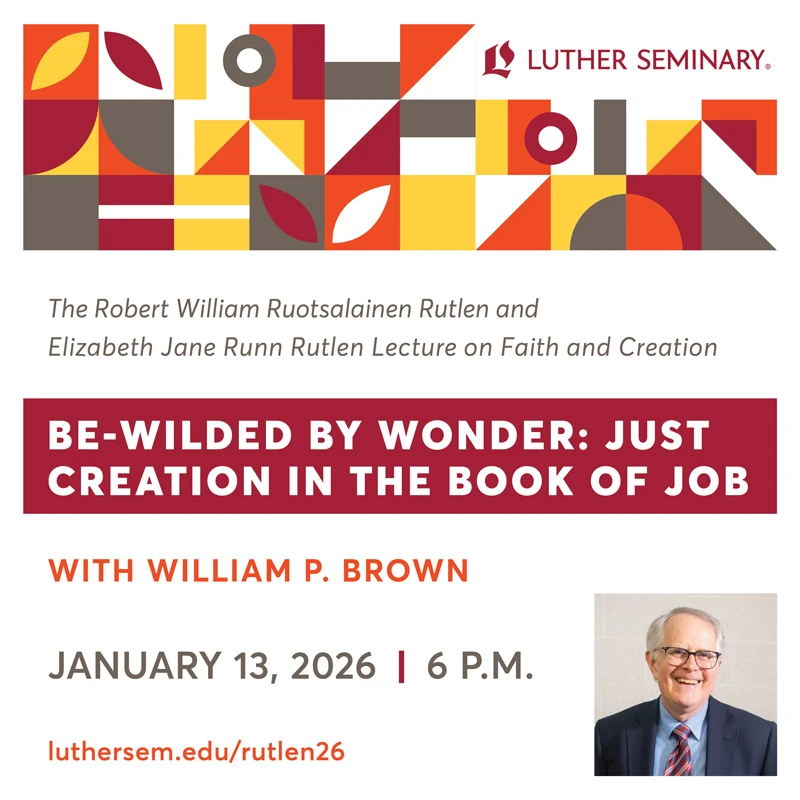SUMMARY
After gleaningGleaning is the act of collecting leftover crops from farmers' fields after they have been harvested. In some ancient cultures, like Israel, gleaning was a form of welfare. The book of Ruth contains an account of gleaning in which Ruth met her future husband, Boaz. More all day, RuthThe great-grandmother of David. More goes home, bringing NaomiThe mother-in-law of Ruth. More grain and a meal.
ANALYSIS
Ruth continues her hard work of gleaning into the evening and then brings both grain and the leftovers of her meal to her mother-in-law. Naomi responds with a blessingBlessing is the asking for or the giving of God's favor. Isaac was tricked into blessing Jacob instead of his firstborn Esau. At the Last Supper Jesus offered a blessing over bread and wine. To be blessed is to be favored by God. More of thanksgiving. When Naomi asks her where she had gleaned, Ruth tells her, “The name of the man with whom I worked today is BoazHusband of Ruth and great-grandfather of David. More.” Naomi responds with a blessing of recognition.
The pronouncement of Ruth is a revelation to Naomi and a turning point. Someone took notice of Ruth, the unnoticeable one, and it turns out the man is a relative. Suddenly Mara has relatives, others to whom she is connected, others whom she might bless. And she sees this circumstance of Ruth’s happening upon the field of Boaz, a relative, not as a mere accident, but rather as the activity of God. This capacity of recognition is the key by which Naomi begins her own journey back from being Mara to herself. Noteworthy is that Naomi includes Ruth in this recognition. Boaz is go’el, specifically “a relative of ours, one of our nearest kin” — the operative word being “our.” Naomi includes Ruth as family and must care for her.

